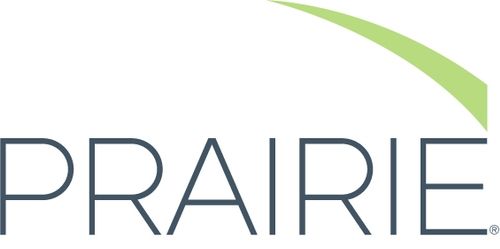Tax Benefits Aligned in a Successful ESOP Transaction
By Maria Thiel, BDO
Owners of privately held companies can realize considerable tax benefits by utilizing an employee stock ownership plan (ESOP) to transfer ownership. Because employee ownership aligns the goals of shareholders, company management and its employees, current tax laws create an environment that encourage the use of ESOPs as an exit and liquidity strategy. Additionally, the tax benefits of selling a business to an ESOP help bridge the gap between what a strategic buyer might pay for a valuable business relative to the full fair market value the ESOP can offer. Considering the many tax benefits to the company and its shareholders, in many cases an ESOP is a more attractive option than selling to a third party.
Benefits to the Selling Shareholders
Deferral and Elimination of Capital Gains Tax
Section 1042 of the Internal Revenue Code allows selling shareholders of a company to defer capital gains taxes from the sale of their business. Similar to a Section 1031 tax-free like-kind property exchange, Section 1042 requires selling shareholders to roll over and reinvest proceeds from the sale. In a 1042 rollover, the proceeds must be reinvested in “qualified replacement property” (QRP), which includes domestic C corporation stocks, corporate bonds and floating rate notes – subject to certain rules.
If the QRP is not disposed of, capital gains taxes can be eliminated when the selling shareholder passes away since the shareholder’s estate receives a step-up in cost basis on the QRP at death. A sale of the stepped-up QRP can eliminate the capital gains tax liability. As a result, ESOPs are a valuable tool in estate planning for business owners.
It should be noted that the tax deferral under Section 1042 is not automatic so it must be elected by the selling shareholder, and the requirements are complex. Shareholders considering electing a Section 1042 rollover should consult with experienced ESOP advisors to ensure it meets the shareholders’ goals and all requirements are met to qualify for the tax deferral.
Warrant Tax Treatment and Estate Planning
ESOP transactions are often structured using warrants as part of the return on the seller note. A warrant is a security that gives the holder the right to future equity value in the company. Warrants have the potential to be taxed when redeemed at capital gains tax rates, which have traditionally been lower than ordinary income tax rates (at the time of publication, the top income tax rate was 37%, compared to a 20% capital gains rate before the net investment income tax).
Warrants can also be an effective estate planning tool because they typically have minimal value following the ESOP transaction. Selling shareholders can gift warrants to heirs when the value is low, allowing for a transfer of wealth with minimal or no gift tax liability.
Benefits to the Employees
Tax-Deferred Savings
ESOP companies provide meaningful retirement benefits to employees. These benefits are completely employer-funded and free to the employee. As employees accumulate shares of company stock over time, contributions and earnings received in the ESOP grow on a tax-deferred basis.
Retirement Plan Rollovers
Upon a distributable event from the ESOP, employees can roll over the proceeds to another employer-sponsored retirement plan or an individual retirement account. This option allows ESOP participants to continue the deferral of taxes on their retirement funds even after leaving employment.
Benefits to the Company
Elimination of Income Taxes
Perhaps the most compelling tax benefit is the opportunity for a 100% ESOP-owned S corporation to eliminate most, and in some cases all, tax on the company’s income. Because an S corporation passes income through to the owner and an ESOP trust is an income tax-exempt entity, the percentage of company stock owned by an ESOP is exempt from federal (and most state) income taxes. This allows for more cash flow to service the transaction debt held by the company and to fund continued growth.
Deductible Contributions to the ESOP
Deductible contribution limits differ depending on whether the company is a C corporation or an S corporation. In a C corporation, the company can deduct contributions for the following:
- Principal payments on the ESOP loan up to 25% of eligible payroll;
- 100% of contributions for interest on the ESOP loan; and
- An additional 25% of eligible payroll for contributions made to the ESOP and other qualified retirement plans (i.e., the 401(k) plan).
In addition, C corporation ESOPs have the unique ability to deduct dividends paid on ESOP stock if the dividends are distributed to ESOP participants or used for principal and interest payments on the ESOP loan.
For an S corporation, the maximum deductible amount is 25% of eligible payroll among all qualified retirement plans, including principal and interest payments on the ESOP loan. S corporation income distributions to the ESOP are not deductible to the company, but they can be used to fund principal and interest payments on the ESOP loan.
Additional Corporate Considerations
To engage in a sale to an ESOP, the company generally must be incorporated at the time of the transaction. The entity can be either an S corporation or a C corporation. The tax benefits available to the selling shareholders and company before and after the transaction depend on whether the company is a C corporation or an S corporation. However, restructuring steps can be done to enhance the tax incentives available. Careful analysis should be conducted to determine the implications and validity of any corporate restructuring.
As a result of the tax incentives associated with ESOP ownership, employee-owned companies can use increased cash flow to fund the company’s goals and objectives. Excess cash flow from the tax savings
allows the company to pay down ESOP transaction debt, invest in growth and cash out shares from departed employees, continuously recirculating shares to new employees. This rewarding cycle gives employee-owned companies an edge over the competition.
BDO Capital Advisors, LLC works with businesses on a variety of strategic liquidity options. Our dedicated ESOP Advisory Group guides you through every step of selling your business to achieve a sale that accomplishes your goals, benefits the company, and provides meaningful financial rewards to your employees, while protecting the legacy you have worked hard to build. Contact us for more information





